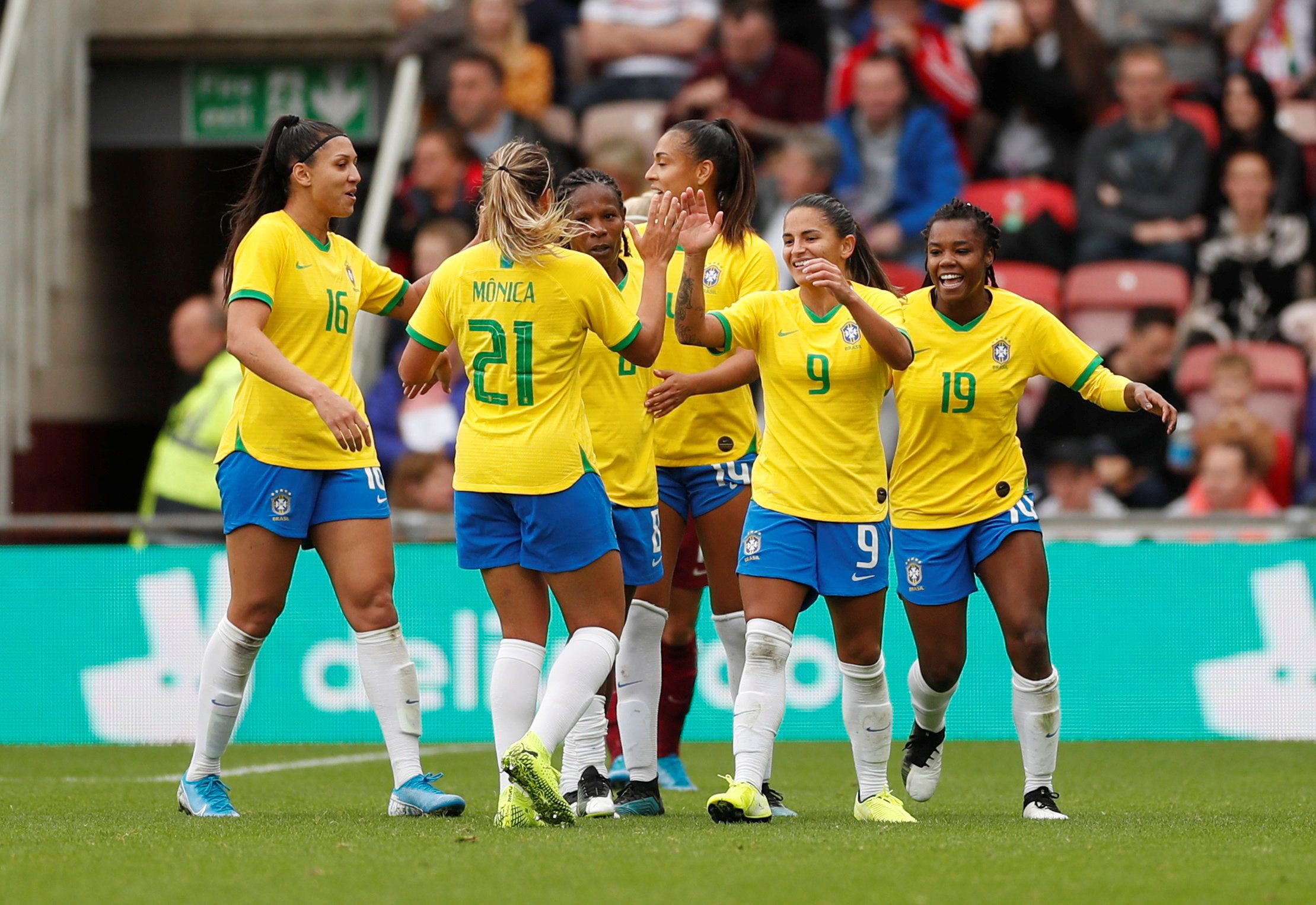Equal pay for Brazilian women footballers: In a major step towards greater gender equality in sport, Brazil's football association announced that women playing for the national football team will get paid the same as the members of the men's squad. Brazil — where football is a national religion and whose male team has won the World Cup five times, more than any other nation — follows women's national football team players winning the right to equal pay with their male counterparts in Australia, Norway, New Zealand and the UK. Last May, a federal judge in the US dismissed a lawsuit brought by the women's national soccer team demanding equal pay for their squad, but its members — led by star player and Donald Trump nemesis Megan Rapinoe — have vowed to go all the way to the Supreme Court. The fight continues despite the fact that the US women's team is way more successful than the men's squad, and won the 2019 World Cup.
Probing WHO's COVID response: After months of finger-pointing, an independent panel has finally been put into motion to investigate the World Health Organization's response to the coronavirus pandemic. The panel will be led by former Liberian President Ellen Johnson Sirleaf and former New Zealand Prime Minister Helen Clark. The two women tapped the other members of the 11-person panel, which includes Britain's former foreign secretary David Miliband and Zhong Nanshan, a Chinese doctor who was the first to publicly confirm human-to-human transmission of COVID-19. The panel, financed by the WHO, will reportedly have access to all of its internal communications, and will seek to unpack how the WHO went about coordinating a global response to COVID-19. Many heads of state — chief among them US President Donald Trump — have strongly criticized the WHO for its crisis response, particularly being too deferential to China when the virus first emerged late last year (the WHO chief praised Beijing in public even when proof of a Chinese government cover-up was fast emerging). The panel will present its findings to the WHO's executive board in October 2021.
Trump cuts off Ethiopia over dam: The US has suspended millions of dollars in financial aid to Ethiopia after Addis Ababa decided to start filling the controversial Grand Ethiopian Renaissance Dam on the Upper Nile river without first reaching an agreement with Egypt and Sudan. The US State Department said the decision was based on "guidance" from President Donald Trump, who may have been inclined to place punitive measures on Addis Ababa because of his close ties to Abdel Fattah el-Sisi, Egypt's strongman leader. Talks between the three countries over the dam have stalled because of enduring disagreements: Ethiopia says it needs the dam to generate electricity, but Egypt and Sudan claim it is illegal under colonial-era water sharing agreements and warn it will dry up the Nile for Egyptian and Sudanese farmers. Earlier US mediation efforts failed after Addis Ababa blasted the Trump administration for siding with its ally in Cairo.
More For You
At the 2026 Munich Security Conference, entrepreneur and Project Liberty founder Frank McCourt makes the case that the internet, and the AI systems rapidly reshaping it, must be redesigned to serve people, not platforms.
Most Popular
At the 62nd Munich Security Conference, Parag Khanna, founder and CEO of AlphaGeo, says globalization isn't dead, it's evolving. Speaking with GZERO’s Tony Maciulis, he explains that countries are forming flexible alliances that expand and shrink based on their interests. “You’d rather be in the tent...if it suits your interest than not in it,” Khanna notes, highlighting how the US, Europe, and Asia are adapting to shifting global priorities.
Sovereignty has become one of the most powerful, and least defined, words in tech policy. At the 2026 Munich Security Conference, SAP global head of government affairs, Wolfgang Dierker, explains why governments and enterprise customers are demanding more control over their data, cloud infrastructure, and AI systems amid rising geopolitical uncertainty.
On the sidelines of the 2026 Munich Security Conference, Annemarie Hou, Executive Director of the United Nations Office of Partnerships, joined Tony Maciulis to discuss the power of women leaders in global decision-making.
